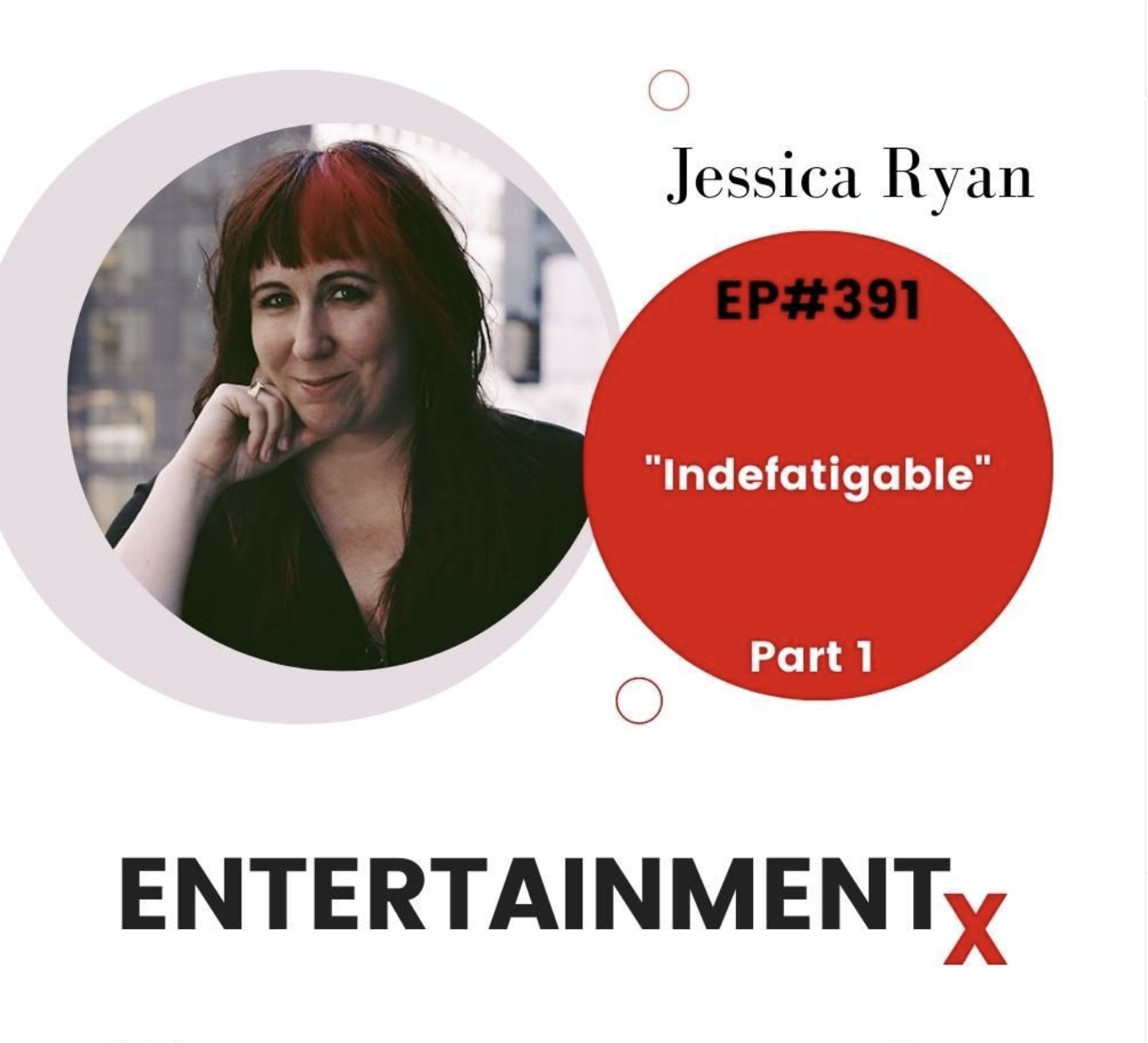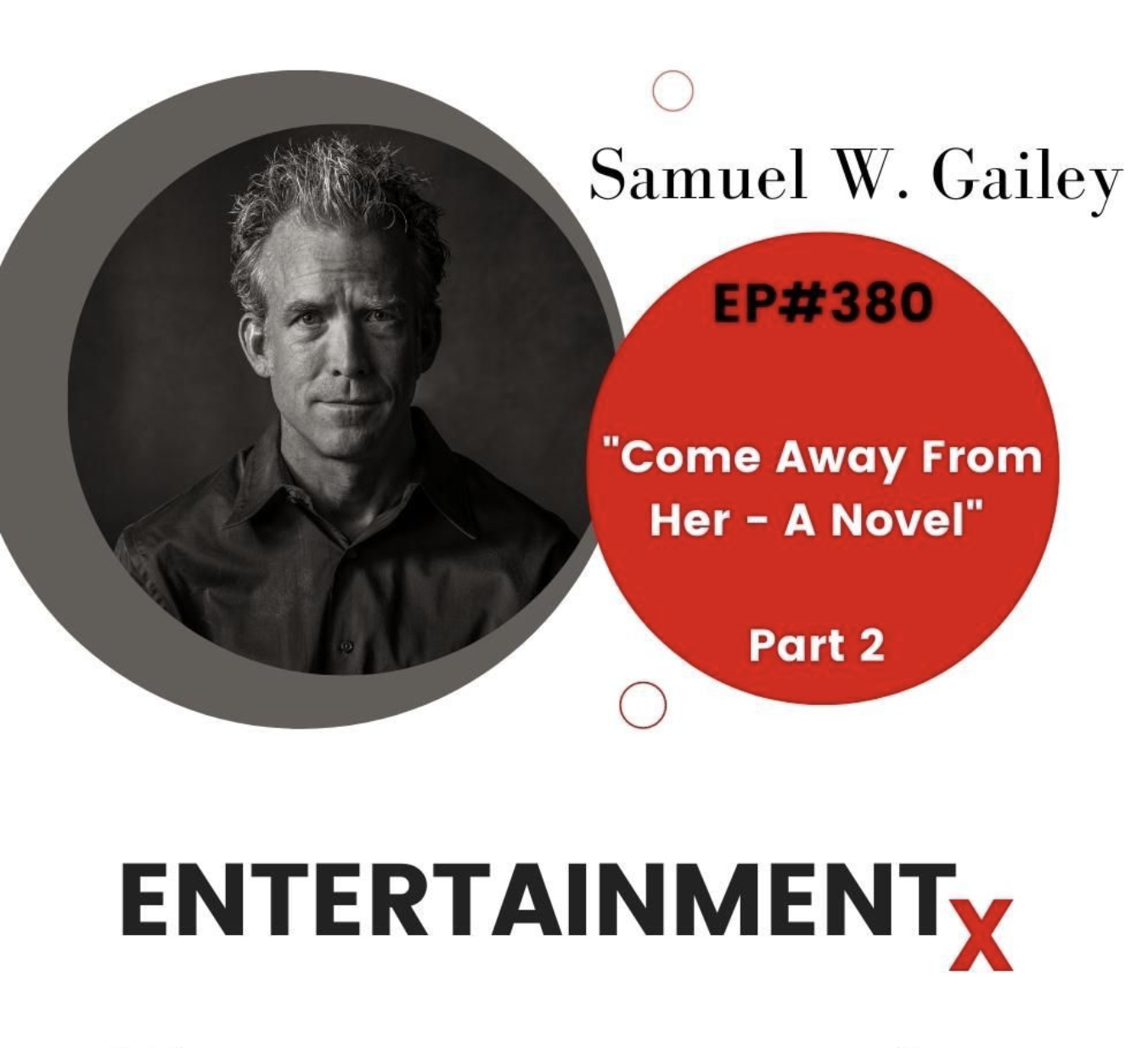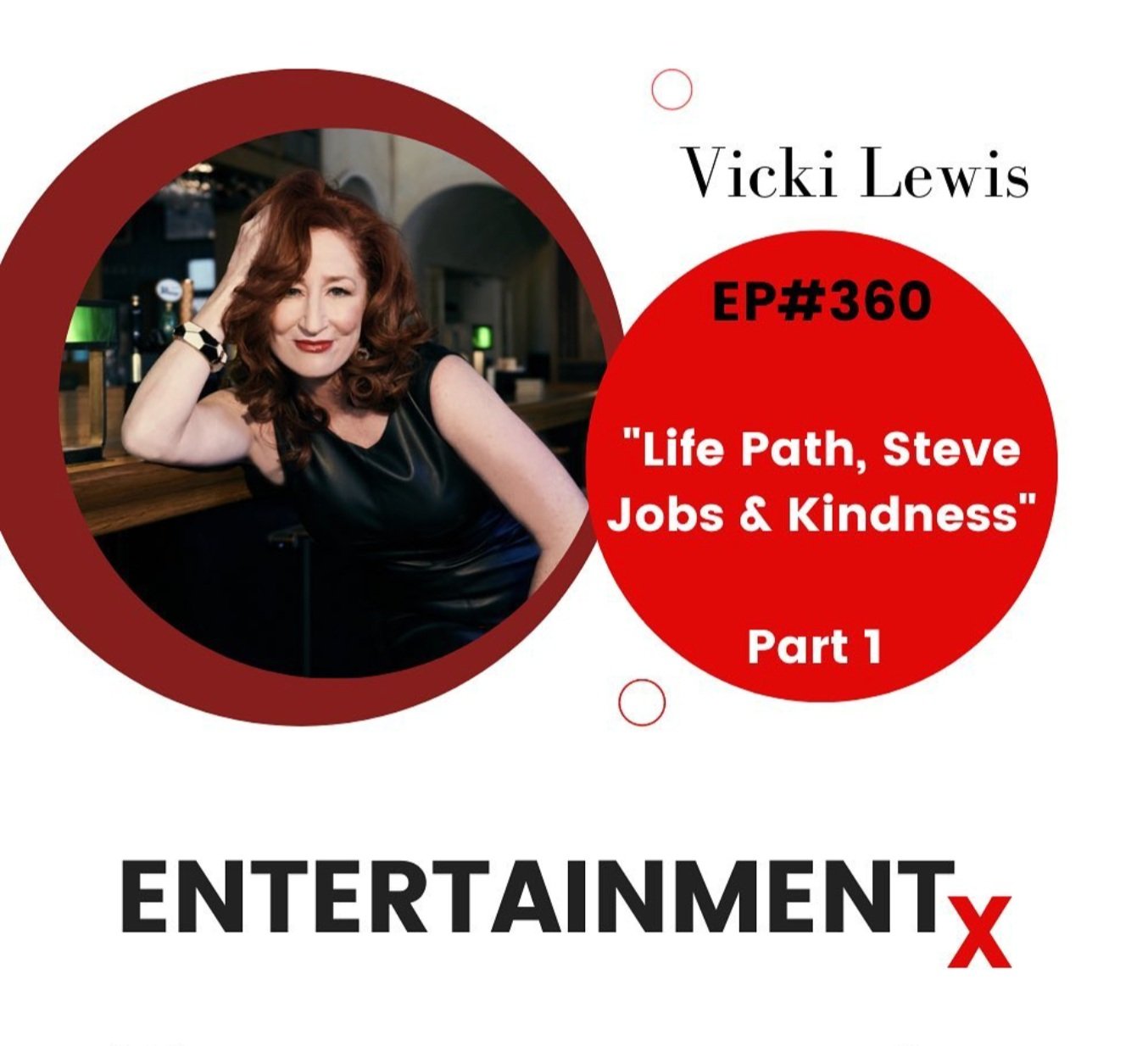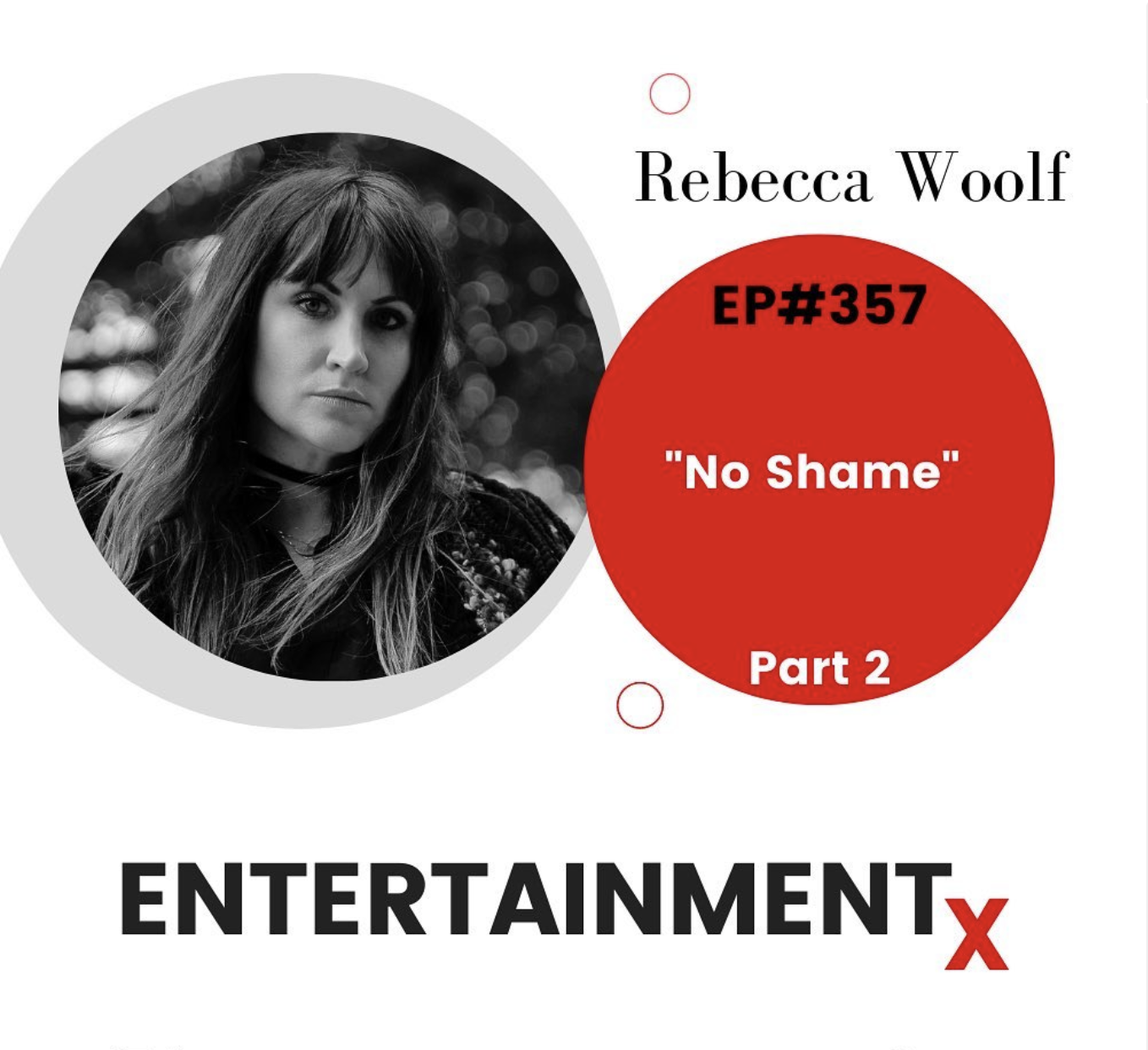An Interview with Clayton Howe
Clayton Howe, founder of podcast EntertainmentX
In one of my classes last semester, we studied the past, present, & future of communication. One of the most common questions we looked into was, “Has technology destroyed a generation?” For one of our assignments, we were tasked to conduct an interview with a person of our choice on the role communication has played in their lives and how they believe it will look in the future.
Since 2013, weekly podcast consumption in the US has tripled. It is now recognized as a powerful form of communication that people find both entertaining and impactful. Podcasts of all genres have emerged: crime, advice, news, and so on. A lot of influencers have used podcasts to capitalize on their sudden rise in popularity; other celebrities with established brands have also experimented with podcasts.
For my interview, I spoke with Clayton Howe, producer and founder of EntertainmentX, a podcast that, in his words, is “getting to the heart, soul, and drive of top performers in the entertainment industry.” He has interviewed big names such as Jonathan Groff, Billy Porter, and Scott Patterson from Gilmore Girls. He has also interviewed a handful of my family friends, including a current Emerson parent and both of my parents, so I was looking forward to our interview. Prior to EntertainmentX, Howe hosted a radio show, but as radio diminished over the years and his show was not opening up enough doors for him, he changed his career course after receiving advice from a TV host: “You should start a podcast,” they told him; “It benefits your interviewees with free press, and you with the chance to learn important tools to advance your career and garner connections.” And thus, EntertainmentX was born.
So how is this relevant to the world of communication? Podcasts are, of course, a form of communication. Howe hopes he can use this vessel to help others become more independent thinkers and have independent thoughts. He spoke about the impact of news and advertising and how so much of what we hear nowadays on the news is disheartening. This is intentional. It grabs attention and, as Howe put it, fear sells. The media has adapted to
our morbid sense of curiosity and addiction to “doom scrolling” and promotes dark stories. Howe, on the other hand, promotes gratitude and optimism in his interviewers and focuses on his interviewees’ growth and self reflection, as opposed to superficial fame or fears for the future.
Recalling an old interview with a lieutenant colonel that was centralized around leadership, Howe emphasized the importance of communicating with empathy to me. He commented that the best leaders have the ability to understand where someone is coming from… they take into account background, language and culture, and adapt their communication style based on that for the best results, or in Howe’s case, the best interview.
When I asked him if he thinks technology has destroyed a generation, Howe told me that statement would not be fair, as without it, he would not have his beloved podcast. “Technology has opened up new worlds for me and given me opportunities I never would have had before its existence,” Howe explained. However, he did mention that he is aware of its dangers, and the importance of limiting time spent on technology. Howe told me he always makes time for human connection. He avoids taking work home with him, and refuses to work on the weekends. His weekends are reserved for family. Technology is a source of connection and opportunity, but we cannot rely on it. As Howe said, “Technology and media can only destroy us if we let them.”









